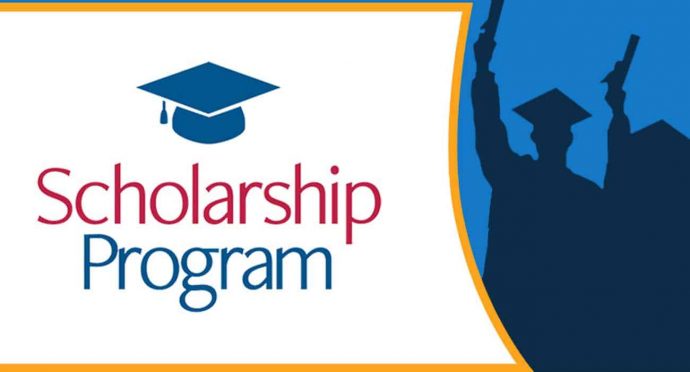
The Government Initiates a Rs. 4 Billion Scholarship Programme for Students in Need of Talent
The Ministry of Education started a Rs4 billion scholarship programme to help gifted students in need across Pakistan at the request of Prime Minister Shehbaz Sharif.
The Ministry of Federal Education & Professional Training (MFEPT) has allotted Rs 8.5 billion for the improvement of facilities in both rural and urban areas in an effort to raise the bar for education standards in Islamabad. By June 30, 2025, the “Provision of Basic Educational Facilities in Educational Institutions of ICT” project is expected to be finished.
The PSDP portfolio of the ministry is Rs8.5 billion in total, of which Rs5.4 billion is allocated to basic education and Rs3.1 billion to technical education, according to Secretary MFEPT Mohyudin Wani. Furthermore, the Pakistan Education Endowment Fund (PEEF) has been established with an allocation of Rs800 million for Balochistan, out of a total of Rs4 billion for students from disadvantaged backgrounds.
In addition, the Ministry is carrying out the “Actions to Strengthen Performance for Inclusive and Responsive Education Programme (ASPIRE),” which is supported by the World Bank and runs from July 2020 to June 2025. With the utilisation of federal-provincial performance-based funding, ASPIRE aims to enhance education in underprivileged districts.
Important ASPIRE interventions in Islamabad include:
- IT Labs: To educate students for postsecondary education and professions in technology, 50 secondary boys’ schools in remote areas will establish IT labs.
- Smart Classrooms: Using technology and digital content, 140 smart classrooms will be built in public schools to improve multimodal learning.
- Launching the TeleSchool application and eTaleem portal will help teachers and students learn more.
- The TeleSchool Web Portal offers broadcast content libraries and over-the-top (OTT) channels with top-notch educational content.
- Learning Materials: Providing non-formal education centres with textbooks and resources from the Accelerated Learning Programme, particularly to encourage the education of girls. 528,647 books have been printed thus far.
- Hygiene Kits: As part of the government’s Hygiene Initiative, 20 public schools in rural areas will get hygiene kits.

Content writer, educationist, teacher, researcher, social media manager, and a SEO manager from lahore. She has been working as a freelance academic and non-academic writer for more than 20 years now. She has a passion to learn new things and has a knack for writing and she combines both things to produce write ups she pours her heart out in.

